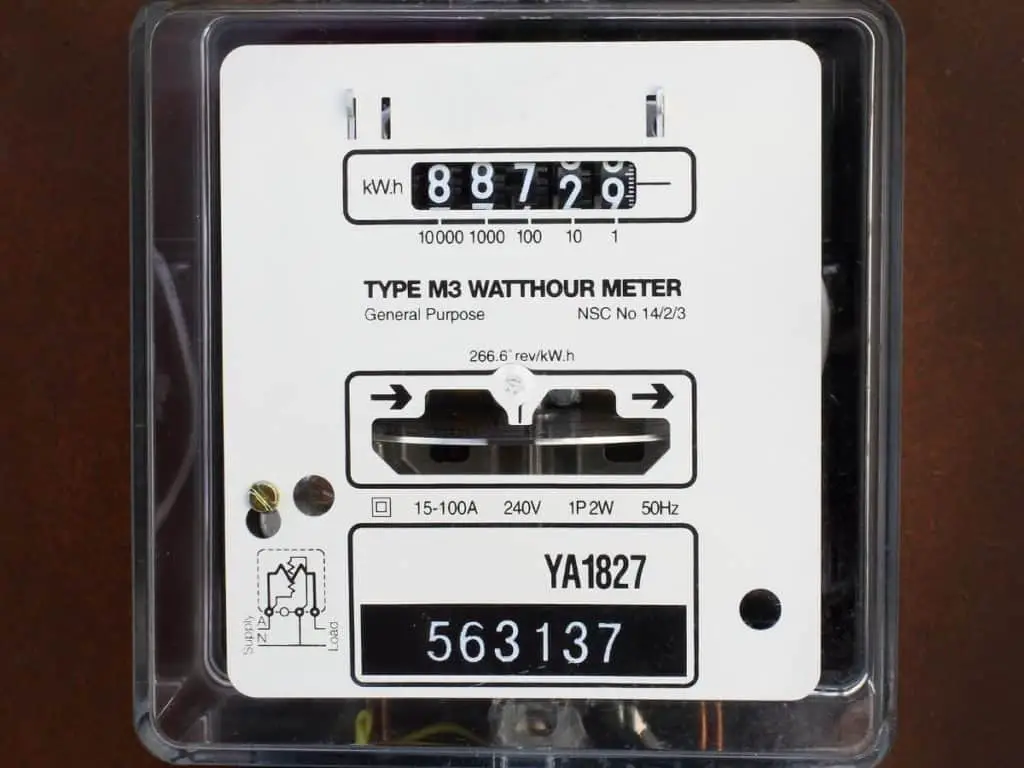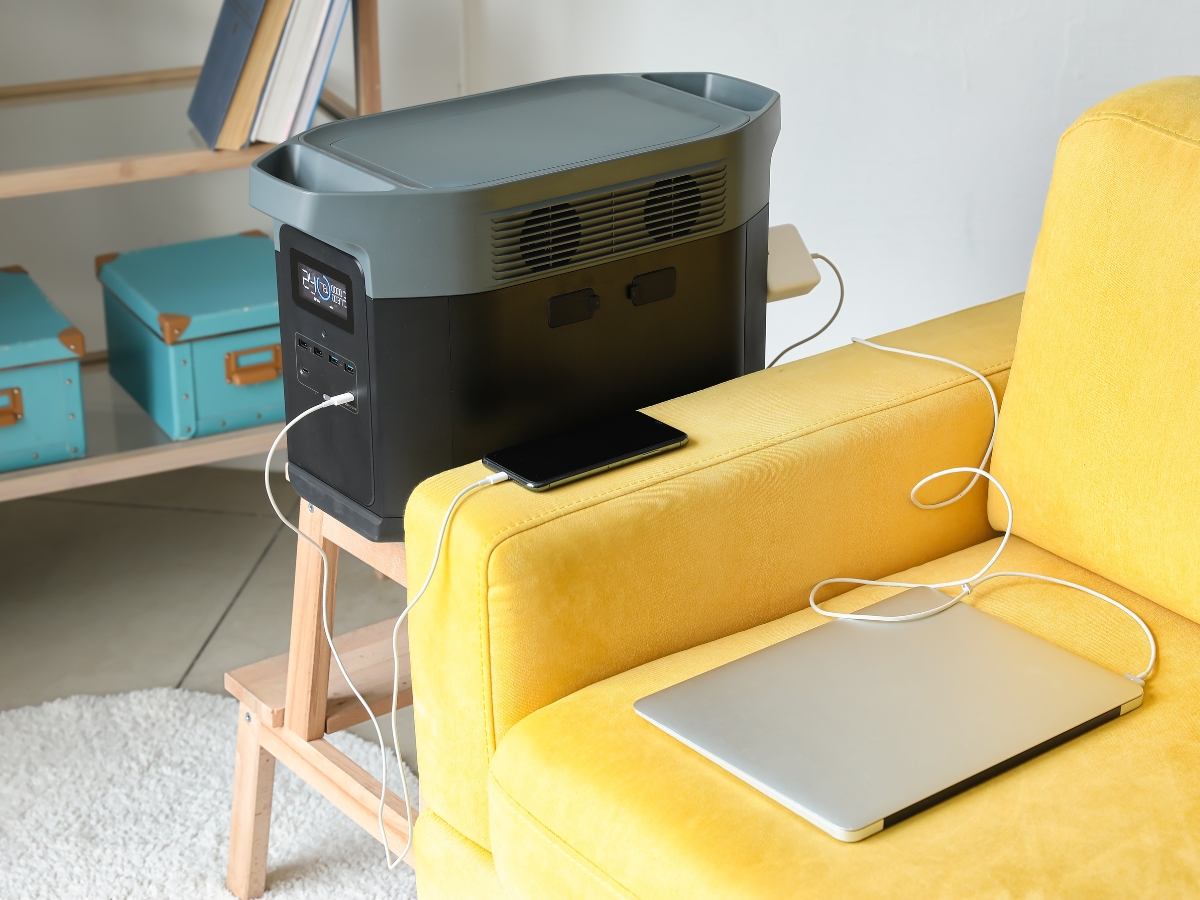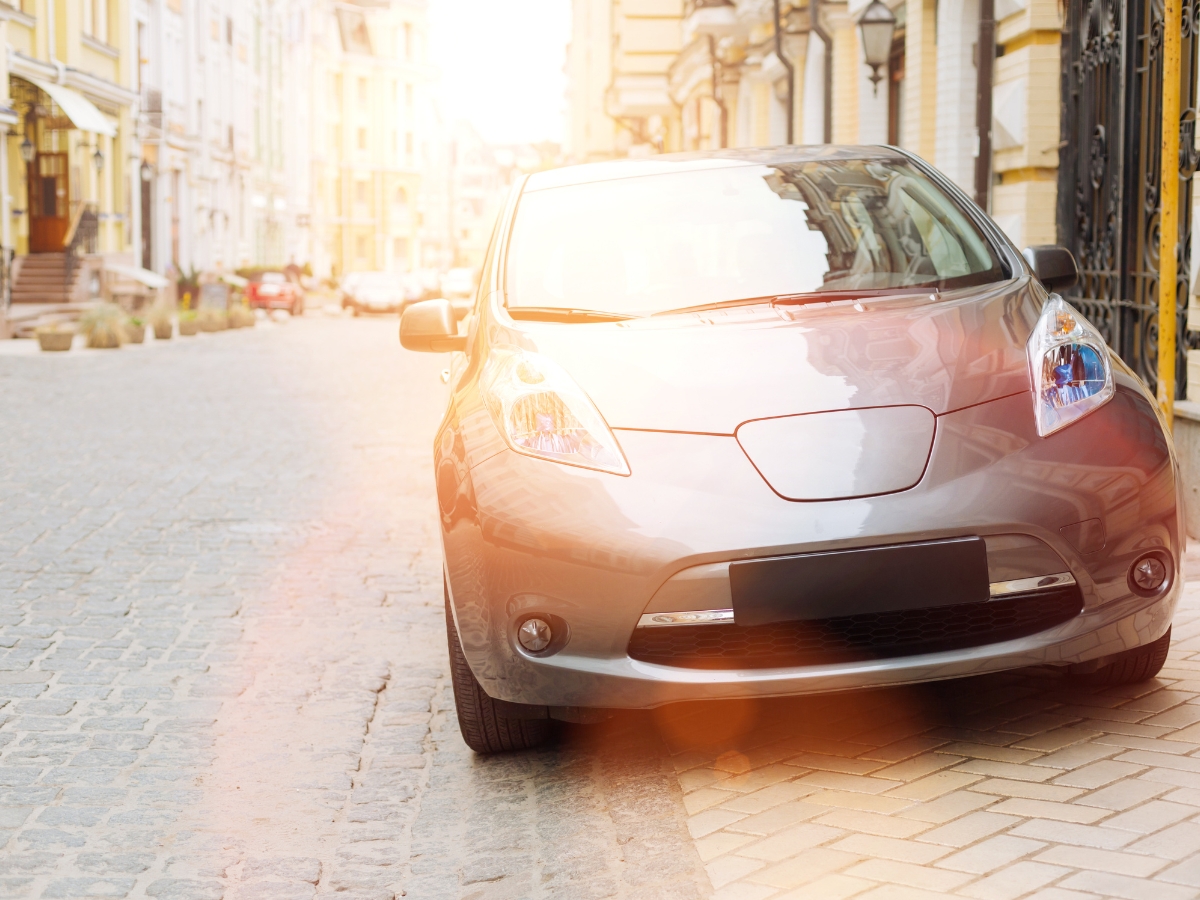Conventional power stations powered by nuclear energy or the burning of coal or natural gas cannot be shut off and back on at will.
These power stations run continuously and supply the baseload to the electricity supply grid. Other sources of power generation, such as solar or wind power, are not constant and are fed into the grid during the day.
- The electrical baseload is available day and night.
- Peak demand for electricity exists between 4 pm and 9 pm daily and on weekends and holidays.
- Time-Of-Use (TOU) plans are becoming more popular and pervasive, offering the lowest cost of electricity at night from 9 pm until 6 am.
The baseload must always be present to enable the electrical grid to function. The baseload must be available whether it is used or not, energy needs to be generated to maintain the stability of the grid supply.
Let’s look at how you can save money by planning your energy usage to fall outside the peak demand periods.

What Are TOU (Time Of Use) Rates?
Time Of Use rates means you pay less for the electricity during low demand periods and you pay more during peak demand hours. Standard electricity rates mean that you will pay the same for electricity all day and night.
Check with your local utility supplier whether they offer TOU rates.
The peak demand for electricity is when people come back from work, cook dinner, and do their domestic chores. If all households are doing these tasks during these hours, the demand on the supply grid is at maximum, and accordingly, users are charged more.
There are simple ways to eliminate fifty percent of your electricity bill merely by using the power during off-peak times.
Appliances
Prepare your meals in a slow cooker during the day while you are away at work. These slow cookers use low energy and will have your dinner ready for you by the time you get home.
Plan your domestic chores to exclude using your dishwasher, clothes washer, and dryer during the peak demand.
Set your appliances to start their run cycle after ten at night and put the clothes in the dryer the following day or hang them out to dry. Recharge your electric vehicle between 10 pm and 6 am when electricity costs are the lowest.
Also, recharge the batteries on domestic appliances and tools during off-peak times.
Solar Panels
You can also reduce your reliance on electricity supply from the grid by investing in solar panels and an energy storage system such as a power wall.
You can either have a grid-tied system to sell the electricity generated by the solar panels to the grid during the day or thus build up credits. You can then draw electricity from the grid at night after peak demand has ended.
Will Grid Power Become More Expensive?
The aging infrastructure of nuclear and fossil-fueled power plants requires that they be upgraded to comply with pollution and waste disposal standards.
Modern power generation plants that are based on more efficient energy conversion processes require significant investments.
Saving electricity by only using it during off-peak hours is a brilliant short-term strategy for saving some money. As the demands for cleaner-burning power plants increase, the cost of electricity will go up.
The heyday of cheap coal-fired electricity is coming to an end, and we need to find cleaner and more sustainable energy sources.
Generating power on a large scale requires investment in long-term construction projects for nuclear, hydroelectric, natural gas-fired, and large wind and solar plants.
The utility companies making these long-term investments will seek to recover their investment from the electricity consumers.
Payment Plans
Domestic solar-powered systems have become more affordable, and payment plans can be arranged to allow you to have a payback of five to eight years on a system that will make you completely self-sufficient.
You will effectively have free energy available to you for the balance of the twenty-year solar system lifespan.
Self Sufficient
Being self-reliant is also a strategic advantage in natural disasters when the utility services are often disrupted for weeks on end. Harvesting solar energy along with rainwater and having a small domestic vegetable garden can go a long way to ensure food security.
Modern technology has made it possible for all homeowners to become producers again, thus generating their food, water, sanitation, and electricity.
Instead of continually paying for these services as consumers, we can now become self-sufficient producers and live a simpler, more sustainable life.
You will save yourself money to invest wisely in your sustainability instead of paying a utility company for your entire lifetime. Modern electric vehicles are coming to the market with battery power storage capability that can power a household for three days.
Combining the electric vehicle with your domestic solar generation and selective use of grid power at fast-charging stations, we can extend our mobility and power independence to a point where we can be completely self-reliant.
Energy independence has to be the objective of every American household.
Do Domestic Solar Power Systems Make Sense?
The ability to provide for your household’s full domestic power needs by harnessing the free energy from the sun has a payback on investment of between five and eight years.
Domestic solar systems have become commonplace with the cost per kilowatt-hour lower than any other form of power generation.
You can save money on your electrical bill simply by using the electricity during off-peak times when the cost of electricity is lowest.
Planning your usage to coincide with off-peak rates will take some planning but can be quickly done. Reinvest your electricity savings into energy independence.
Determine your power demand with an energy consultant of one of the solar system companies in your area. Generate a plan to convert all your lights to low-energy bulbs and consider the energy efficiency of older refrigerators and other electrical appliances.
Energy independence comprises generating your own power from renewable resources and also by using more energy-efficient appliances in your household.
Buying the most energy-efficient appliances can generate a payback in lower energy consumption and assist you in managing your power resources optimally.
References:




